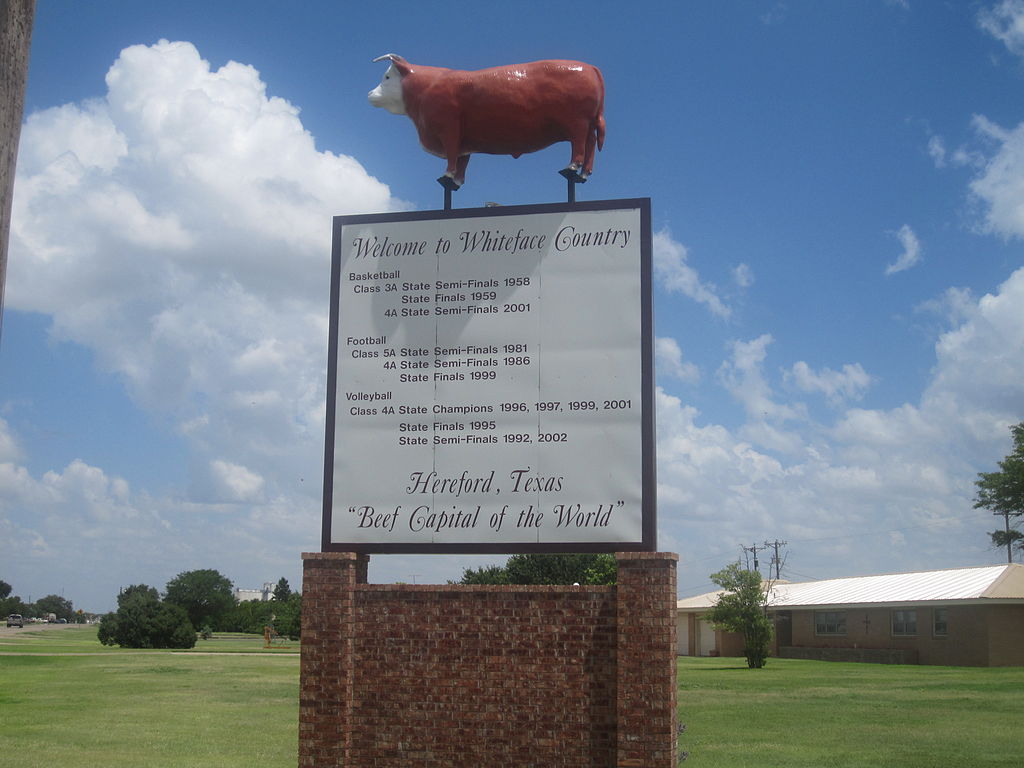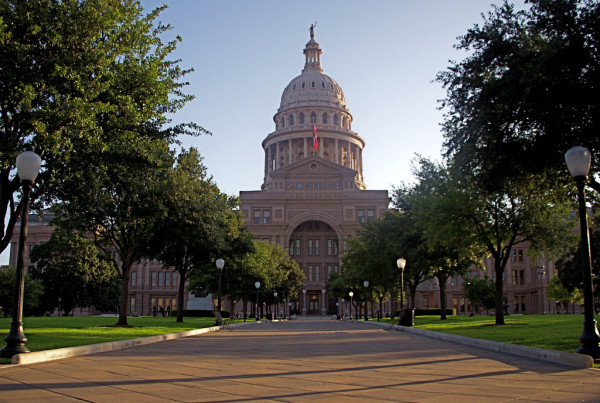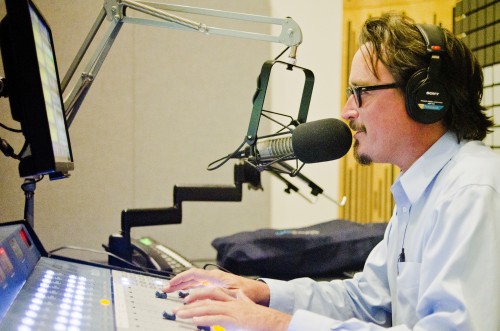This story originally appeared on KERA Breakthroughs.
In her third year of medical school, Karen Duong found herself on the other side of Texas. She had driven 12 hours from where she grew up on the Gulf Coast to the Panhandle. She landed in a small city called Hereford.
“Hereford is known for being the beef capital of the world,” she says, laughing. “There’s definitely more cows than people out there.”
Needless to say, there aren’t many mental health care workers. In fact, there aren’t any psychiatrists. That’s the reason Duong was there – she’s studying at UNT Health Science Center’s Rural Osteopathic Medical Education program. And this assignment showed her just how severe the mental health care shortage is.
“You have a patient that comes in and they need immediate care or something more acute, and then you tell them that the soonest they can get in for an appointment is six months from now,” she says. “It’s not really what we want to tell our patients.”
Of course Hereford is unique. After all, it’s named after a breed of cattle. But it’s far from the only area in Texas without adequate access to mental health care.
Travis Singleton tracks physician shortages for Merritt Hawkins, a Texas-based consulting firm. Of the 254 counties in Texas, 185 have no psychiatrist, he says.
“That’s almost 3.2 million [people],” he says. “While we knew the demand was high, I don’t think anyone expected it to that extent.”
What Singleton calls a “silent epidemic” is an everyday challenge for Greg Hansch. He’s policy director for the Texas branch of the National Alliance on Mental Illness.
“We hear from people all the time who have to travel 50 miles or more to see a psychiatrist, who have to get on a waiting list in order to access services at a community center,” he says.
And when people experiencing mental illness can’t get help, it’s dangerous.
Hansch points to a study published in 2015 showing the youth suicide rate in the U.S. was almost twice as high in rural areas.
Clayton M. McCleskey, who serves on the board of directors for the Grant Halliburton Foundation, says a person between 15 and 24 commits suicide at a rate of one per day in Texas. And in North Texas, he says, the rate is even higher: one every four days.
Recruiting For Rural Texas
In 2010, Texas ranked near the bottom of the list when it came to funding mental health care. In 2013, state legislators significantly increased the budget. As the Texas Tribune reported, the infusion of $259 million over two years was the largest increase in history.
Even so, State Sen. Charles Schwertner, R-Georgetown, says we’re doing a poor job of recruiting mental health care workers. He’s also chairman of the Texas Health and Human Services Committee.
“Even if you have the money going toward mental health care, you still need the professionals to staff that care,” Schwertner says.
So how do you convince young medical school students to become psychiatrists, social workers and psychologists in places that have more cows than people? Schwertner is trying cash. He sponsored a bill that will help mental health workers who go into undeserved areas to repay their loans.
Starting in 2016, around 100 medical health professionals will receive financial assistance ranging from $40,000 to $160,000 through the Mental Health Loan Repayment Assistance Program.
Greg Hansch, with the National Alliance on Mental Illness, thinks the financial assistance will help.
“[The law is] really targeting the distribution of the workers around the state rather than the workers,” he says. “And that’s OK because we know how unequal the distribution is.”
Beyond financial incentives for students, Hansch says Texas lawmakers should raise Medicaid reimbursement rates for mental health services. That would help doctors treating underserved patients break even.
For Karen Duong, the fourth-year med student, it’s also important to address the stigma of mental health care — in communities both small and large.
“Even I have some family members that aren’t supportive of me going into psychiatry,” she says. “There are people out there who don’t think mental illness should be considered a diagnosis.”
After she graduates, Duong says she’s committed to breaking down the mental health stigma as a psychiatrist, and doing it in a rural Texas town.
For more on mental health in Texas, check out The Cost of Troubled Minds, from KVUE-TV.















